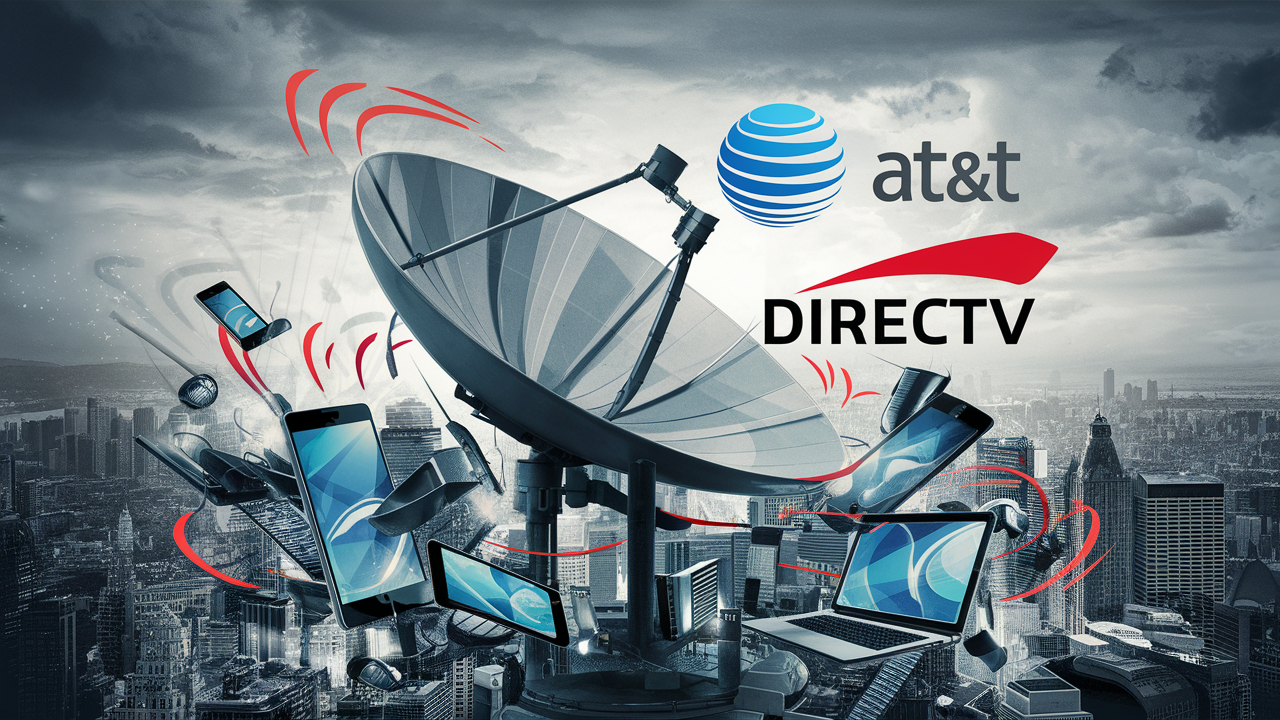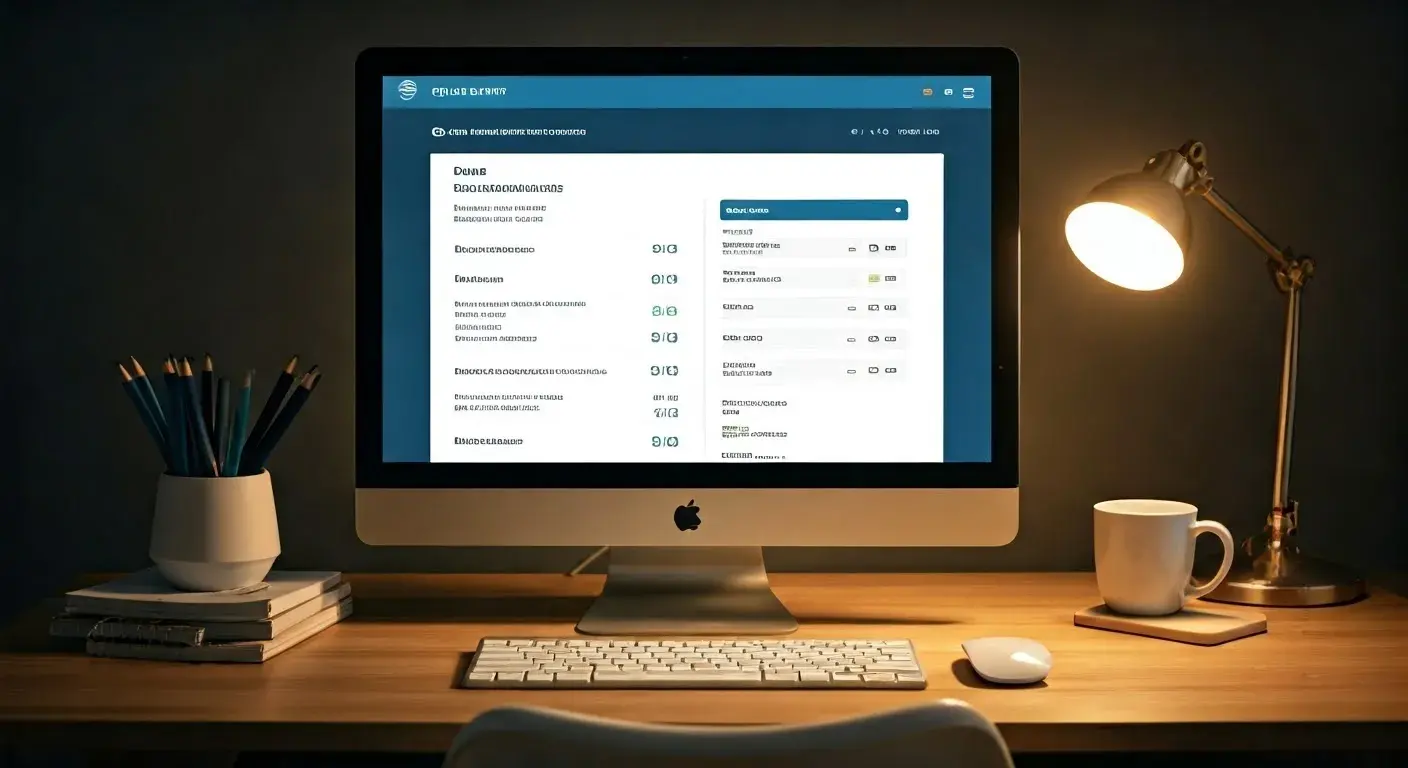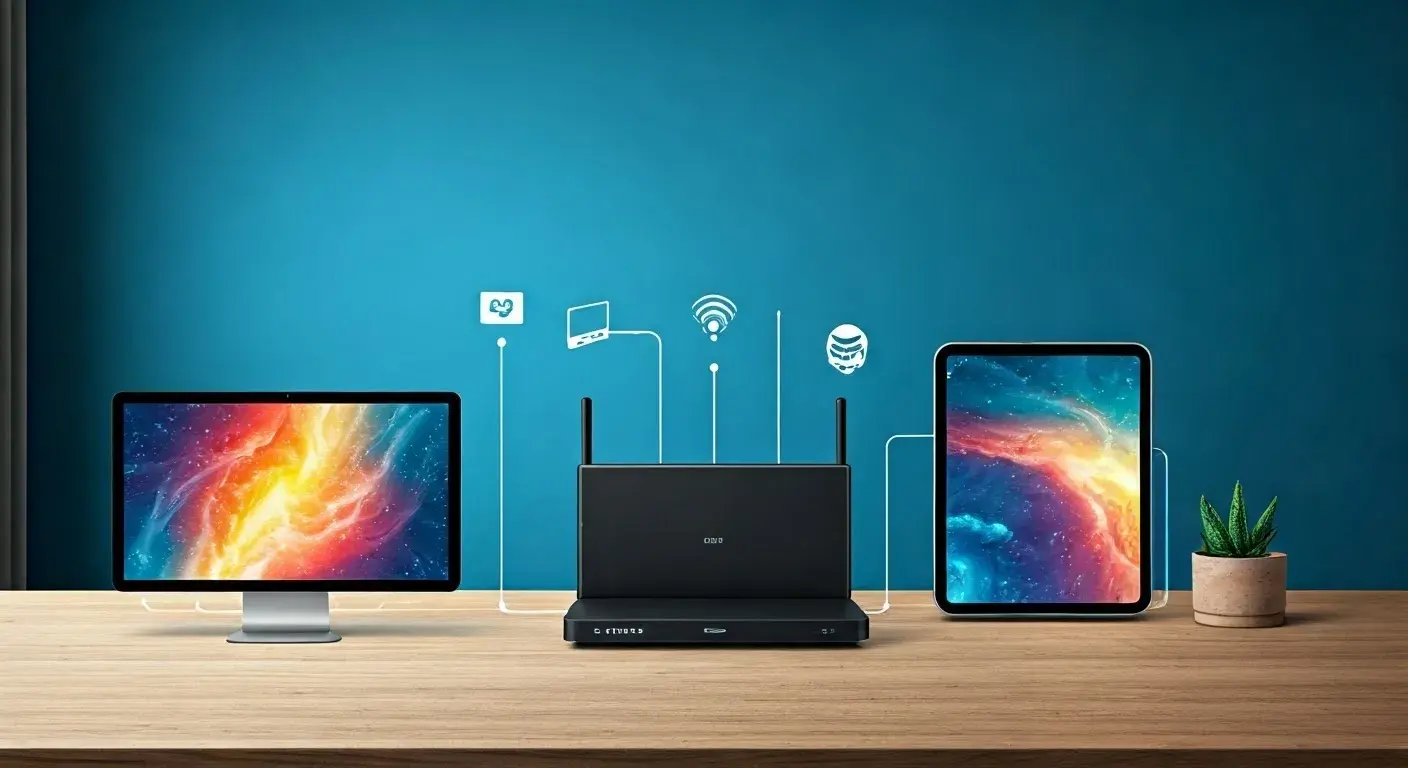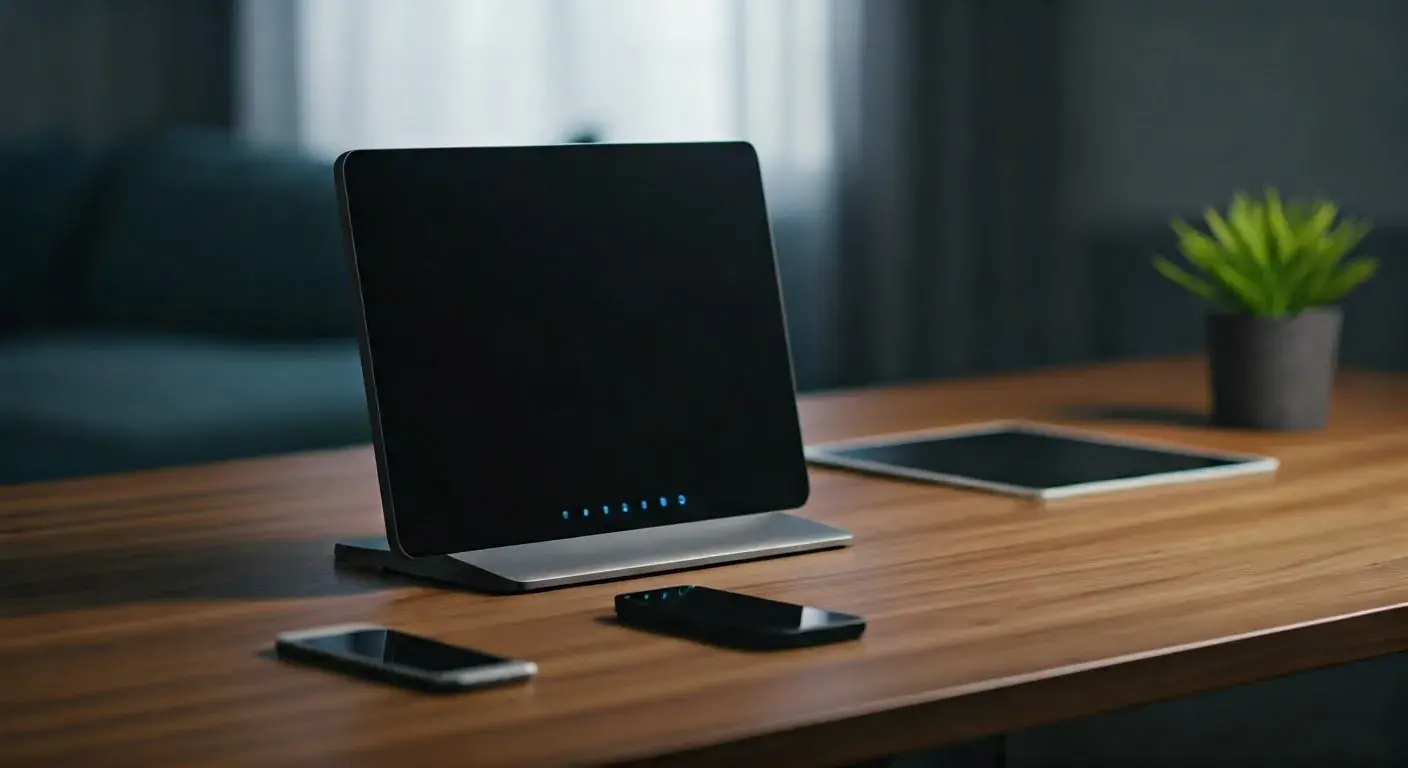Is AT&T selling off DIRECTV?

The recent news that shook the world AT&T stated that the company is thinking of divesting a large portion including a controlling stake in DIRECTV. DIRECTV was purchased by AT&T in 2015 in a deal worth $49 billion, however now, approximately 5 years after this acquisition, AT&T appears to be plotting to significantly downscale this acquisition. Perhaps it is time to take a closer look at what is going on behind the scenes and why the possible sale of DIRECTV is emerging at this particular juncture.
It’s important to mention that AT&T initially acquired DIRECTV for several reasons, but the primary one was the latter’s content library, especially in the form of pay TV.
It was during the same year that AT&T, through Standard General, tendered to acquire DIRECTV in what was a massive diversification into media and entertainment. DIRECTV as a company with more than 20 million video subscribers was viewed by AT&T as a tool that would help it to diversify and become a media and telecommunication mega-company.
The DIRECTV deal was signed not long after AT&T failed in its bid to acquire T-Mobile. After they failed to close that deal because of regulatory pushback, ATT began to covet DIRECTV as the next big takeover target. Thus, AT&T would acquire the national reach that can be leveraged to bundle video services with its primary lines of wireless and broadband communications.
The second area of investment was driven not so much by the need to have a national satellite footprint, but rather by the need to own more content that was already provided by AT&T. DIRECTV also provided AT&T with bundled service packages to its customers where TV and internet could be accessed at a go under one bill. Thus from AT&T’s perspective of the time it appeared that the company was merely expanding into a related business of communication.
Why might AT&T consider selling part or all of DIRECTV Now?
Flash forward five years and information shows that AT&T is keen on divesting from DIRECTV including in situations where they will be forced to sell at a loss from the prices they paid for the same. What happened in the world within a few years and why go for sale now?
There seem to be a few driving factors at play in AT&T's apparent change of heart regarding DIRECTV:
1. High Debt Levels
The DIRECTV acquisition led to a high level of debt in AT&T Internet; its debt levels are more than $150 billion. They have realized that reducing this high amount of indebtedness is now a priority and selling DIRECTV would be a way to do this.
2. DIRECTV under pressure as cord-shedding quickens
Two years later, cable/satellite TV services have experienced a rise in cord-cutting since 2015, which has negatively affected DIRECTV. Due to the preference that customers are now making on online platforms such as Netflix and Hulu, DIRECTV is in a fix on how to mitigate customer losses. Easing the burden of DIRECTV might help AT&T to shift its efforts to opportunities that are likely to be more rewarding in the long run such as 5G and fiber broadband.
3. A second chance at making money
However, the company’s video subscribers have dipped to less than 15 million despite the cord-cutting challenges it faces. This is why it makes the company an attractive acquisition candidate for a competitor like Dish Network or a private equity firm. It may also make sense to sell now because the firm can sell at a reasonable price, thus enabling it to get a good purchase valuation for the asset.
4. This article aims to provide information on AT&T and some of its current strategies that are in focus at the moment including HBO Max and the 5G technology.
Today, AT&T’s primary areas of interest are just as ambitious and include the rollout of 5G service across the nation and positioning HBO Max as a significant streaming service contender. The strategic reason for selling it is that maintaining the DIRECTV satellite TV business makes no sense at this juncture as it is a distraction.
What Comes Afterward for AT&T and DIRECTV?
Until now, it is suggested that AT&T has sought help from advisers regarding such strategies as the sale of a minority or even majority interest in DIRECTV. The leading candidate for buying Metro PCS is said to be Dish Network while a private equity company may also have an interest.
The most probable subsequent activities are to be expected to include AT&T formally launching the Directv sale and inviting expressions of interest from potential buyers. This may happen in the coming weeks or months as indicated by the analysis presented in this paper. From there, normally a buyer appears, and there is a dialogue on the purchase price and the structure of the transaction followed by the execution of definitive sale agreements.
The concept of a direct divestiture of 100% of DIRECTV is possible, but its implementation is challenging due to integration with some aspects of AT&T’s communication network. It is easier to achieve in the short term, however, a sale of 51% appears reasonable. This would enable AT&T to hold a partnership with the DIRECTV brand while on the other side sourcing major capital from a buyer partner.
Thus, while there is no certainty regarding the outcome, all indicators suggest that AT&T is planning on divesting one of the biggest deals the company has ever made. Watch this space for future finalization of sales and what will happen to the DIRECTV brand under the new part of full ownership.
Upgrade to faster, more reliable AT&T Fiber Internet today! Call us at +1 844-905-5002 and get connected with speeds that keep you ahead.





